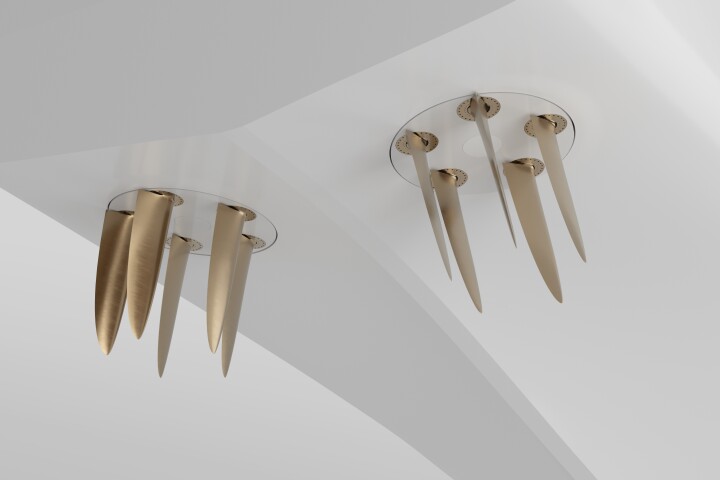A team from Texas A&M University has created a novel injectable bandage that blends a commonly used food thickening agent with nanoparticles. The result is an injectable hydrogel than can rapidly stop bleeding and potentially promote wound healing.
Kappa-carrageenan, commonly extracted from red edible seaweed, has been utilized for decades as an effective gelling agent in food. The researchers combined kappa-carrageenan with synthetic two-dimensional nanosilicates to generate an injectable hydrogel that can quickly stop bleeding. The nanoparticles were found to enhance the hemostatic capacity of the hydrogel, speeding up the cascading process of blood clotting.
"Injectable hydrogels are promising materials for achieving hemostasis in case of internal injuries and bleeding, as these biomaterials can be introduced into a wound site using minimally invasive approaches," says Akhilesh K. Gaharwar, one of the scientists working on the study.

Additionally, the nanoparticles can be modified to contain a variety of therapeutic biomacromolecules that result in enhanced tissue regeneration and wound healing. This secondary benefit follows on from the injectable bandage simply stopping bleeding and provides a way to direct therapeutic molecules directly into a wound.
"Interestingly, we also found that these injectable bandages can show a prolonged release of therapeutics that can be used to heal the wound," says Giriraj Lokhande, first author on the paper. "The negative surface charge of nanoparticles enabled electrostatic interactions with therapeutics thus resulting in the slow release of therapeutics."
Uncontrollable bleeding is a major cause of death for soldiers on a battlefield or regular citizens involved in major accidents. Several recent innovations have offered promising ways to help speed up clotting, from a foam that fills a wound cavity and quickly hardens to an injectable polymer that can strengthen blood clots.
But the most innovative aspect of this new injectable hydrogel is that, in addition to rapidly stopping bleeding, the nano-material can significantly promote wound healing, with early in vitro tests showing the injectable hydrogel to effectively facilitate tissue regeneration.
The research was published in the journal Acta Biomaterialia.
Source: Texas A&M University





